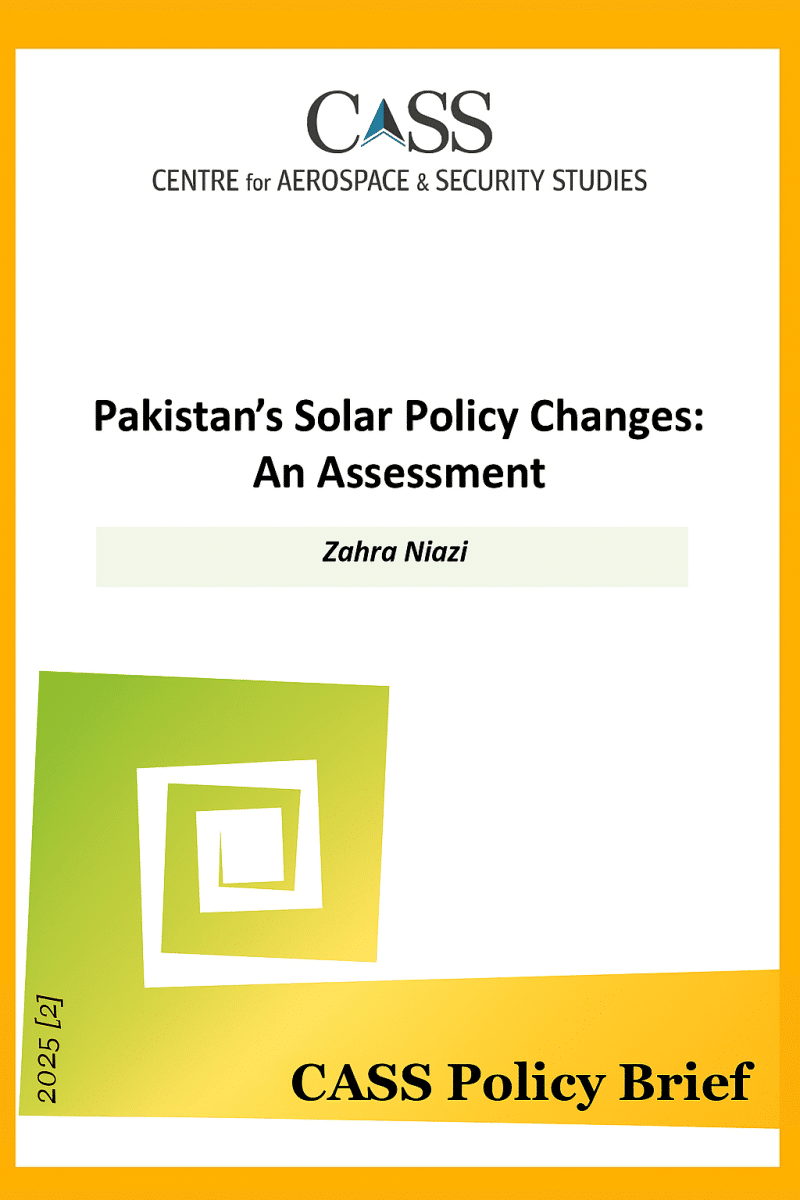Pakistan’s distributed solar energy generation has surged significantly in recent years, driven by favourable net metering incentives, increasing electricity tariffs, and falling costs of solar panels. As part of a policy shift, in March 2025, the authorities announced major amendments to Pakistan’s net metering policy for consumers under upcoming contracts to address the rising fiscal burden in the power sector. Key changes include revising the settlement mechanism from net metering to net billing, reducing the compensation rate for exported electricity, introducing more stringent system size criteria, and limiting the contract validity for net metering consumers to five years. In response to public concern, the proposed changes were put on hold in late March, but reportedly, the government is now once again actively considering the implementation of these policy changes. Moreover, the federal government has introduced an 18 per cent sales tax on imported solar panels in the federal budget 2025-2026 to protect the domestic solar industry.
The objective of this policy brief is to present recommendations for balanced policy adjustments that ensure the long-term fiscal sustainability of the power sector while furthering the goal of achieving energy security and energy independence, which have been regarded as vital components of national security. It recommends adopting a gradual and stepwise approach to net metering reforms (possibly in conjunction with a tiered incentive framework), accelerating the long overdue reforms to address the challenges facing the power sector, and bringing the newly introduced 18 per cent tax on imported solar panels to a reasonable level.





